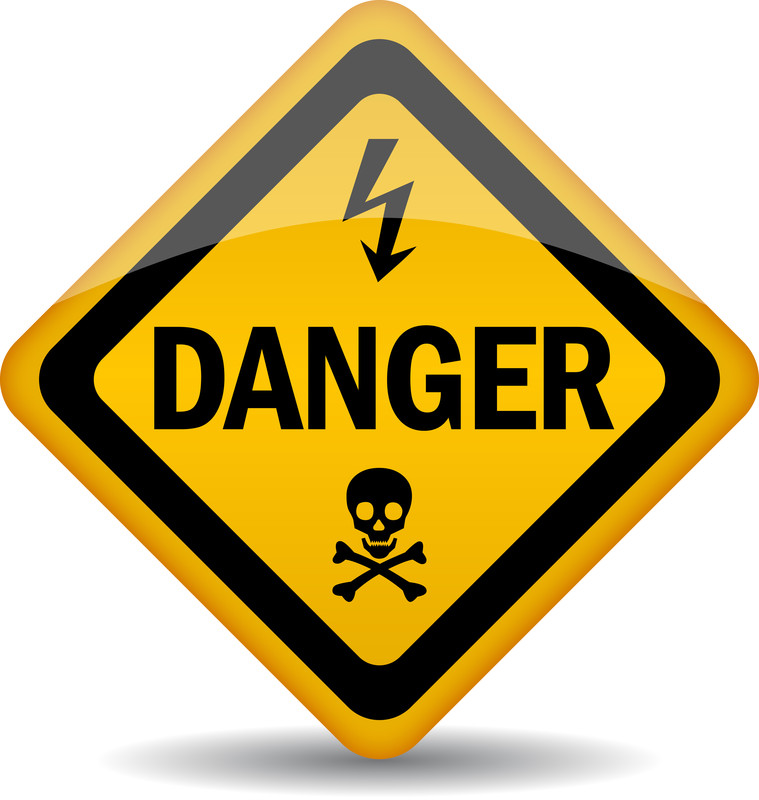
by Fr. Patrick Henry Reardon
One of the stories that have proved troubling to students of Holy Scripture over the years is the account of Uzzah, who stretched forth his hand to steady the Ark of the Covenant. The Ark, we recall, was being carried by ox cart in order to be installed at David’s projected new shrine at Jerusalem. Some obstacle, however, perhaps a bump in the road, caused the oxen to lurch, nearly upsetting the cart and putting the Ark in danger.
The Bible describes the scene:
“Uzzah put out his hand to the Ark of God and took hold of it, for the oxen stumbled. Then the anger of the Lord was aroused against Uzzah, and God struck him there for his error; and he died there by the Ark of God” (2 Samuel 6:6-7).
 The shock of readers is surely understandable. Wasn’t Uzzah’s sudden reaction, after all, simply an instinctive response to save the dignity of the Ark? To the extent that we can even describe his deed as intentional, wasn’t that intention good and honorable? How is it, then, that the all-seeing Lord, the God who searches hearts, did not look favorably on what Uzzah did? Shouldn’t he have been rewarded rather than punished
The shock of readers is surely understandable. Wasn’t Uzzah’s sudden reaction, after all, simply an instinctive response to save the dignity of the Ark? To the extent that we can even describe his deed as intentional, wasn’t that intention good and honorable? How is it, then, that the all-seeing Lord, the God who searches hearts, did not look favorably on what Uzzah did? Shouldn’t he have been rewarded rather than punished
The problem is not a recent one, and readers of the Bible have pondered it for centuries. For example, the Jewish historian Josephus, writing about the same time as some New Testament authors, explained that Uzzah was struck dead for touching the Ark,
“since he was not a priest” (me on hierus — Antiquities of the Jews 7.4.2.81).
This explanation of Josephus is based on prescriptions in Numbers 4, which lists the duties of priests and Levites in regard to the treatment and transportation of the Ark.
This interpretation of the event, which does not necessarily imply a conscious moral failing on the part of Uzzah, is essentially sound, I believe. The Ark of God was very holy, and holiness is dangerous. Uzzah was hurt when he touched something holy.
In this respect it is important to reflect how little we know about the divina, the things of God. The little we do know will prompt us, surely, to be cautious in how we handle them, even in our minds.
The things of God are not what we want or imagine them to be. God Himself determines what they are, and God has not the slightest concern for our own interpretations of them. Their holiness is real, objective, and even physical.
Holiness is likewise not dependent on man’s recognition of it. It resembles electricity in this respect. The trespasser who is electrocuted when climbing too high on a high voltage tower perishes without regard to his own understanding of what he is about, or his innocent intentions, or his personal theories concerning electricity.
David learned this lesson about holiness from the death of Uzzah. Consequently, when the Ark was later returned to Jerusalem, it was borne, not by ox cart, but on the shoulders of the Levites, as it was supposed to be and as God had prescribed (1 Chronicles 15:2,15; Deuteronomy 10:8; 31:25; 1 Samuel 6:15).
David perceived what must be perceived by any who would approach the living God in worship–God decides the nature, structure, and spirit of the worship. Our religious feelings—whether by private or corporate preference–do not determine how we worship. The content and form of our worship has been established, rather, by the inherited, authoritative transmission of the worship itself. We hand it on as we have received it. We do not take it upon ourselves to give form to the worship. If we are faithful, the worship gives form to us, and the example of Uzzah instructs us on the peril of acting otherwise.
Correct (“orthodox”) worship is not the uninformed, spontaneous outpouring of human activity, and the worshipper must be on guard against identifying his personal impulses with the agency of the Holy Spirit.
Undisciplined, off-the-cuff people are far more likely to act under the impulse of suspect and impure spirits than under the guidance of the Holy Spirit. For this reason, mere spontaneity and a “sense of fulfillment” in worship are not adequate nor reliable indications of the agency of the Holy Spirit.
David perceived that correct worship is not chiefly concerned with meeting the religious needs and aspirations of human beings, but with the glory of God, which is inseparable from His holiness. The fundamental ground of true worship is not the religious nature of man, but the glorious manifestation of God. Indeed, any worship that is not a response to God’s Self-revelation must of necessity be idolatrous, the worship of something that man himself creates from the resources of his own religious nature.
For worship to be authentic and true, therefore, God Himself takes the initiative.
God must be revealed in order for man to worship correctly, and God determines how He is to be worshipped.
Otherwise, man is simply worshipping the works of his own hands, the thoughts of his own mind. Orthodox worship does not consist in the attempt to express man’s religious aspirations, but in meeting, in faith, the manifestation of God in His truth. If man thinks to worship God without rules and rubrics, heaven only knows what he is up to.
Senior Editor of Touchstone Magazine, and archpriest of All Saints Orthodox Church in Chicago, IL, Fr. Patrick is, perhaps, the most erudite writer in the Orthodox Church in North America today. This article, one of his Pastoral Ponderings, was published by Orthodoxtoday.org.
